Meet Adébissi Bello, the founder of Aduke Africa. The 28-year-old financial analyst is a Benenise and French national born in Benin Republic. Adébissi moved to Paris at age nine, which is where she primarily grew up and is currently based.
“I belong to the Yoruba African ethnic group from Benin and Nigeria mainly,” she told Travel Noire. “I’ve always loved traveling and have always been curious about discovering new amazing places in the world, and gaining international experience.”
Aduke Africa originally started as a travel blog to share Adébissi’s experience as an expat in the U.S. while she spent two years living in Miami. However, since the beginning of 2021, she has been working to refocus her brand. Now, Aduke Africa is focused on helping Western-based millennials with African-born parents gain a deeper connection to their country of origin.
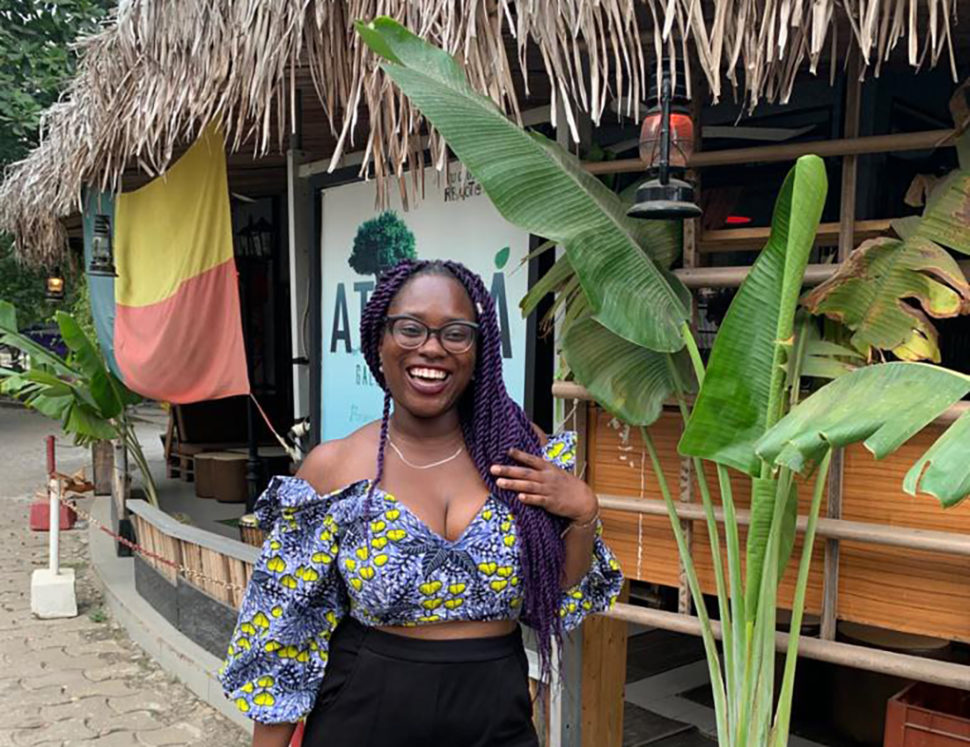
“Due to them living in Western countries, there is often a disconnect between these individuals and their home country. Many of them feel overwhelmed when they think about traveling to Africa. We support them by providing positive resources and tools along with grounding travel experiences to inspire them to start their own journey towards gaining a deeper connection to Africa at their own pace.”
The mission of Aduke Africa revolves around changing the narrative of tourism in Africa by encouraging these African millennials, through the lens of the Benin Republic, to tackle their doubts about traveling to Africa and place more African countries on their travel bucket list, starting with their origin countries.
Adébissi’s primary inspiration behind the decision to repurpose her brand in this manner were her personal experiences and journey as an African woman living in France.
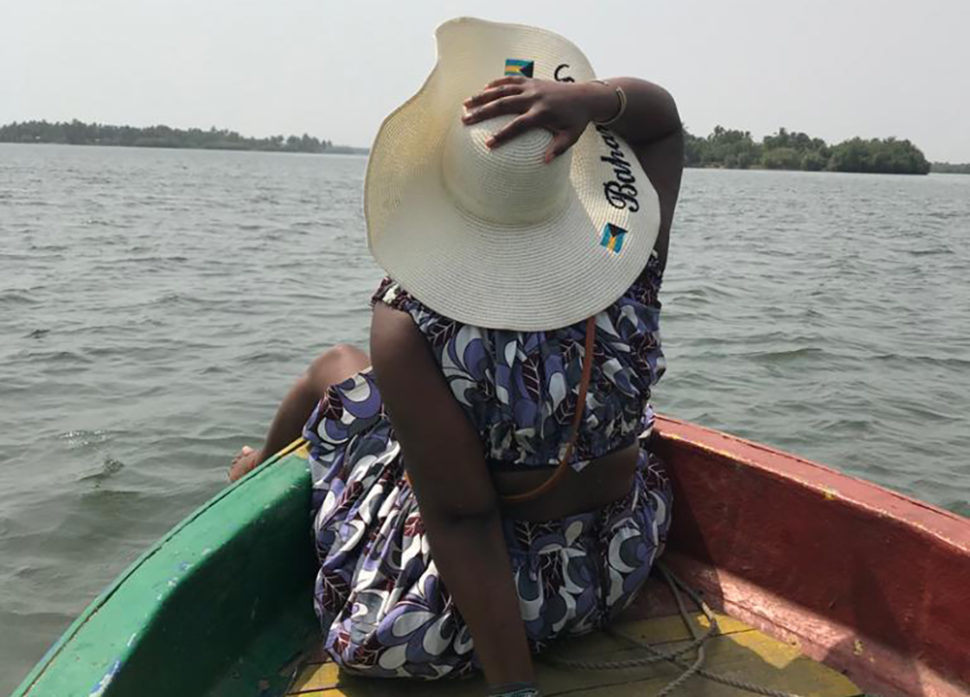
“I have lived most of my life in Europe and have enjoyed traveling in Europe and internationally. I am always curious about a country’s history and culture and love visiting museums and exhibitions, but grew tired of finding myself unrepresented in those. At some point, I asked myself, ‘Do I want to die having experienced the world but not knowing about my own country?’ I realized I’d prefer knowing more about Benin and other African countries than the rest of the world.”
Being born in Benin, the country always had a special place in Adébissi’s heart. Despite growing up in France, she was raised surrounded by Beninese culture, traditions, and food. As she grew up, she matured enough to let go of the social stigmas, trauma, negative narratives, fears, and doubts she had about Benin and returned to her motherland in search of more of herself.
Adébissi took her first solo trip to Africa in January 2018. She spent a month between Benin and South Africa and promised herself it would not be her last visit. Once she began exploring Benin and its history, Adébissi unlocked a world of priceless cultural wisdom. Visiting the Royal Palace of Abomey and learning how the Kingdom of Oyo impacted the Dahomey Kingdom’s history was a life-changing experience.
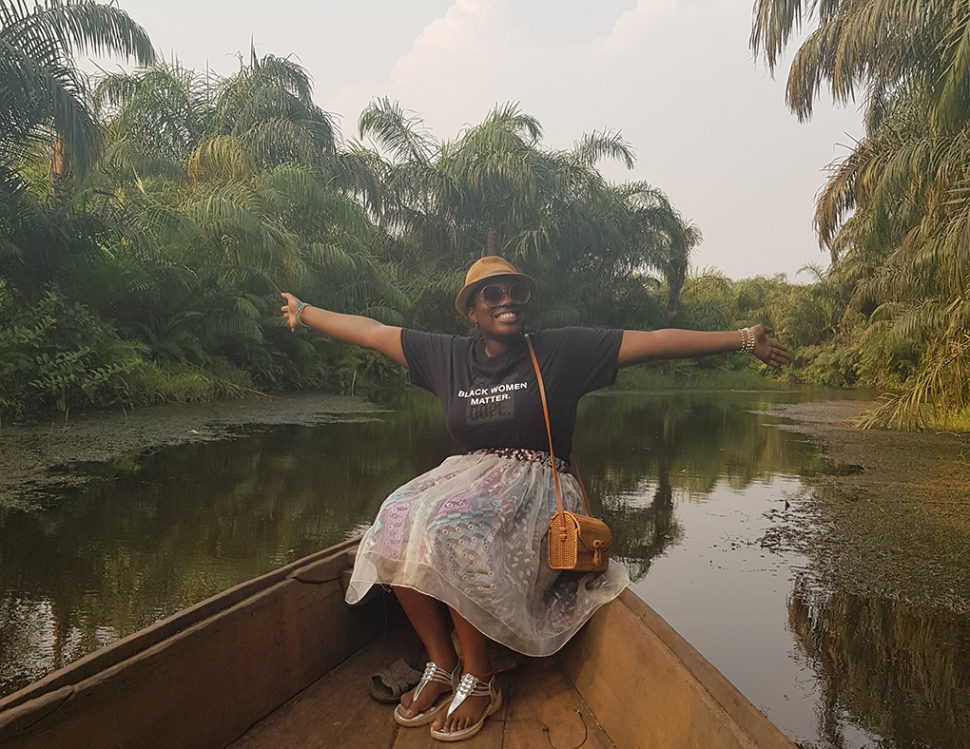
“Indeed some Yoruba families from Porto-Novo are originally from some states of Nigeria. My family is from Oyo state in Nigeria. This situation can be explained by the fact that the borders that we know for many West African countries were artificially designed at the Berlin conference in 1884-1885 by most of the European colonizing countries. It also explains why you can find the same ethnic groups in different bordering countries in Africa.”
In February 2021 Adébissi returned to Benin for another month-long trip. This time she was able to visit the south and central parts of the country. In the south of Benin, she discovered authentic African culture and history in Porto-Novo and Ouidah. She visited the Negro and African Pantheon in Porto-Novo and the Dasilva Museum, honoring the memory of many of Benin’s heroes and martyrs.
“Porto-Novo has the biggest return Afro-Brazilian community. They came back after the abolition of slavery and made it their home. In this town, you can visit the Ouadada Cultural Art Center and see all the voodoo temples that they are renovating. The royal palace of Honme, residence of the last king of Porto-Novo is another great spot. Ouidah is where you can find the Door of No Return and the Slavery Route. This town is full of historic spots that teach African descendants how slavery happened and welcome them back home.”
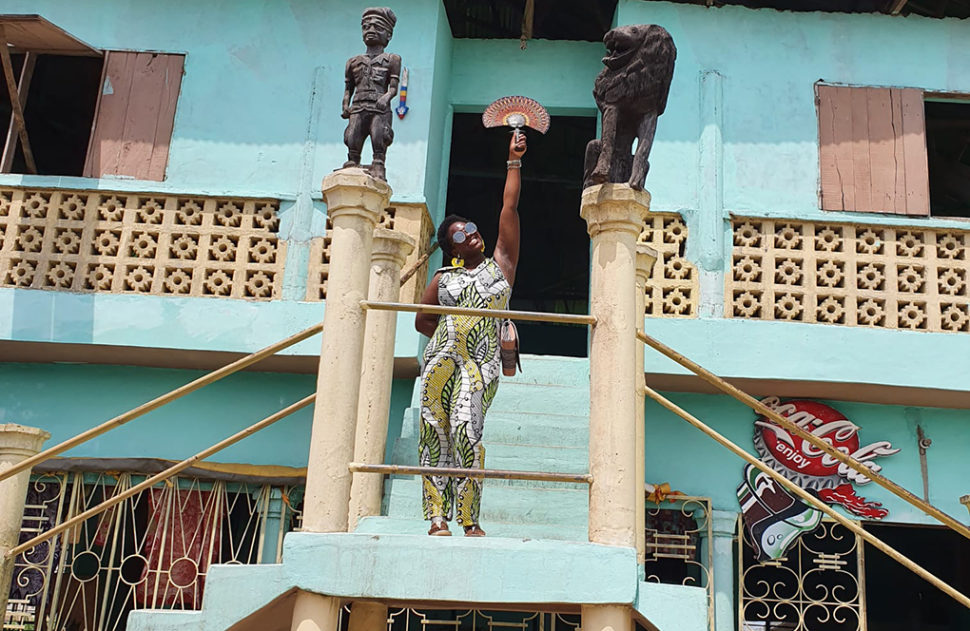
Ouidah is also home to a beautiful beach and amazing accommodations for tourists. Visitors can take a boat ride to Ganvié, the African Venice, where some ethnic groups ran away to in order to escape slavery. You can also visit Bab’s Dock for a lakeside brunch or a boat ride through some amazing West African mangroves.
In the north of Benin, one can enjoy a safari in Pendjari Park, viewing the amazing Kota Waterfall in Natitingou or the Dassa Hills landscape. The Vodoo Carnival is celebrated in Benin each January 10, and emphasizes the link between Afro-descendants in the Caribbean and Latin America and the people of Benin.
With so many things to explore and so many breathtaking landscapes to enjoy, Adébissi believes Benin is a prime candidate to be Africa’s next hot spot. A unique country that manages to stay authentic to itself and loyal to its ancestors’ traditions, more and more Afro-descendants are getting to know this country better as they feel their ancestors calling them home.
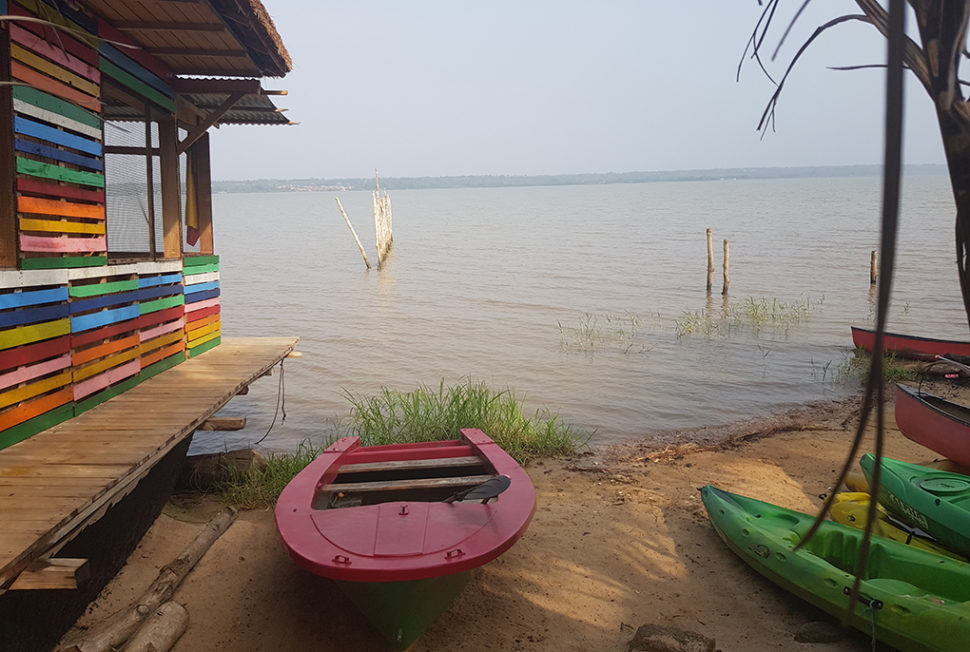
Since 2016, one of the main projects of the new government has been the development of the tourism sector in Benin. In November 2021, the International Museum of Memory and Slavery will be inaugurated in Ouidah. They have been rehabilitating tourist sites and improving the infrastructures in hopes of attracting more tourists.
The Netflix documentary High on the Hog showcases Benin as a important country to visit if you want to bond with the African heritage, culture, traditions, and history you may have lost due to slavery. Her amazing month spent in Benin this year was the final confirmation Adébissi needed to take her brand in its current direction.
“I wanted people like me to be able to experience what I experienced. There is a proverb that says in order to know where you are going, you need to know where you are from. Knowing about your roots, culture, traditions, and heritage will bring you a fulfilled vision of who you are and help you be more confident about how you carry yourself in this world. As individuals, our cultural heritage plays a huge role in our development.”
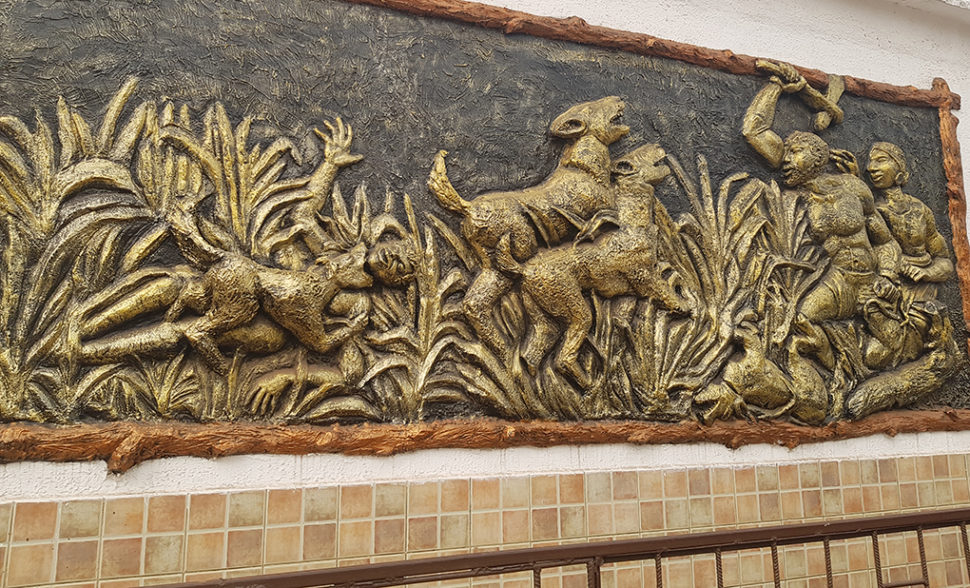
“Knowledge is power. Do not lean on only what you learn at school, online, or on TV. Telling your own stories and being your own first-hand source of information will change the narrative for sure. So I’m building a unique brand around this experience and changing the narrative about traveling to Africa for African millennials and the Afro-diaspora at large.”
Adébissi says there a number of factors contributing to some Black people’s hesitation in considering Africa as a top travel destination. In many places, there are negative stigmas surrounding the continent. Positive imagery of Africa is simply not shown.
“Also, some Africans living in Western countries have experienced traumatic situations, which led to the immigration of their family, so they associate the country with that. The fear that is often transmitted by their parents’ experience in Africa and the negative mass media narrative around the African continent does not help either.”

Other issues Adébissi cites are a lack of great infrastructures, lack of reviews and intel on tourism offers, fear of security issues and political instability, unclear visa application information, and language barriers. These are some of the issues Aduke Africa can help people navigate and provide clarity on.
As Adébissi works on building awareness about her brand, her goal is to be able to provide digital products by the end of 2021 to support African millennials in their quest of gaining a deeper connection with their origin country. She is organizing an exclusive retreat to Ghana and Benin for the New Year and looks forward to sharing this journey with people. For more information, follow @adukeafrica.
Related: The Longest Graffiti Mural In Africa Honors Benin’s Dahomey Kingdom





